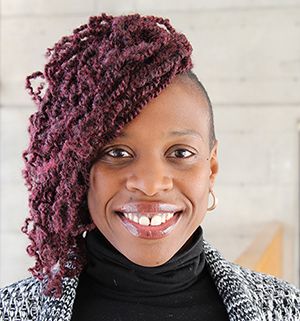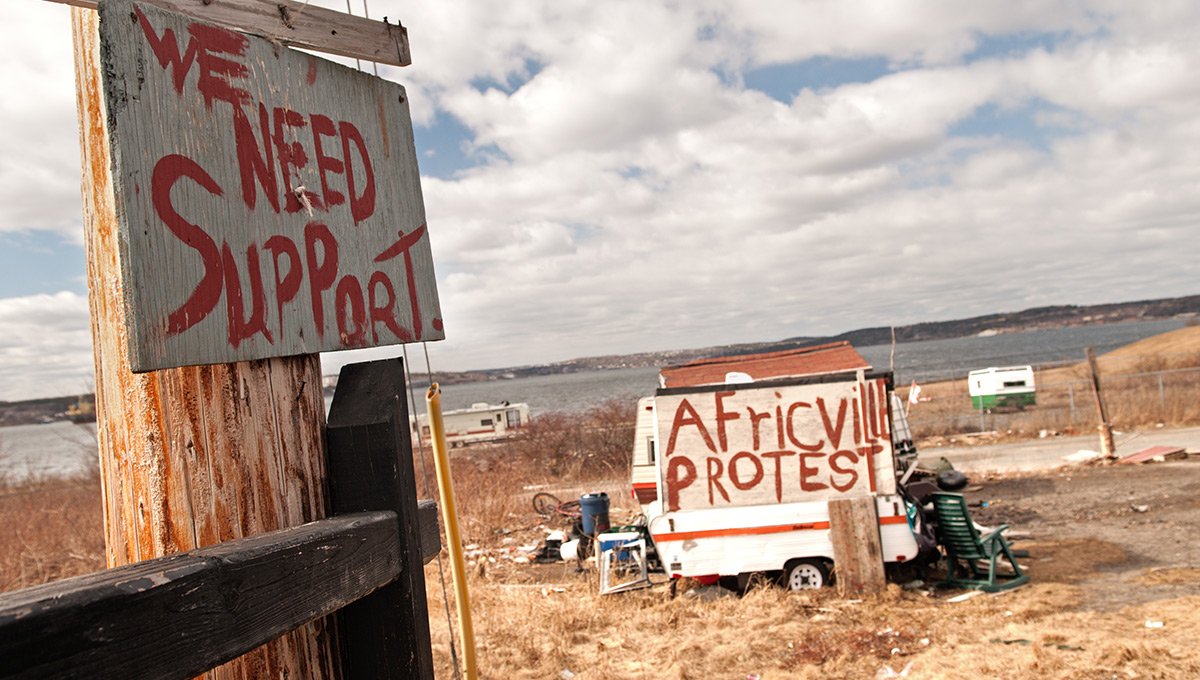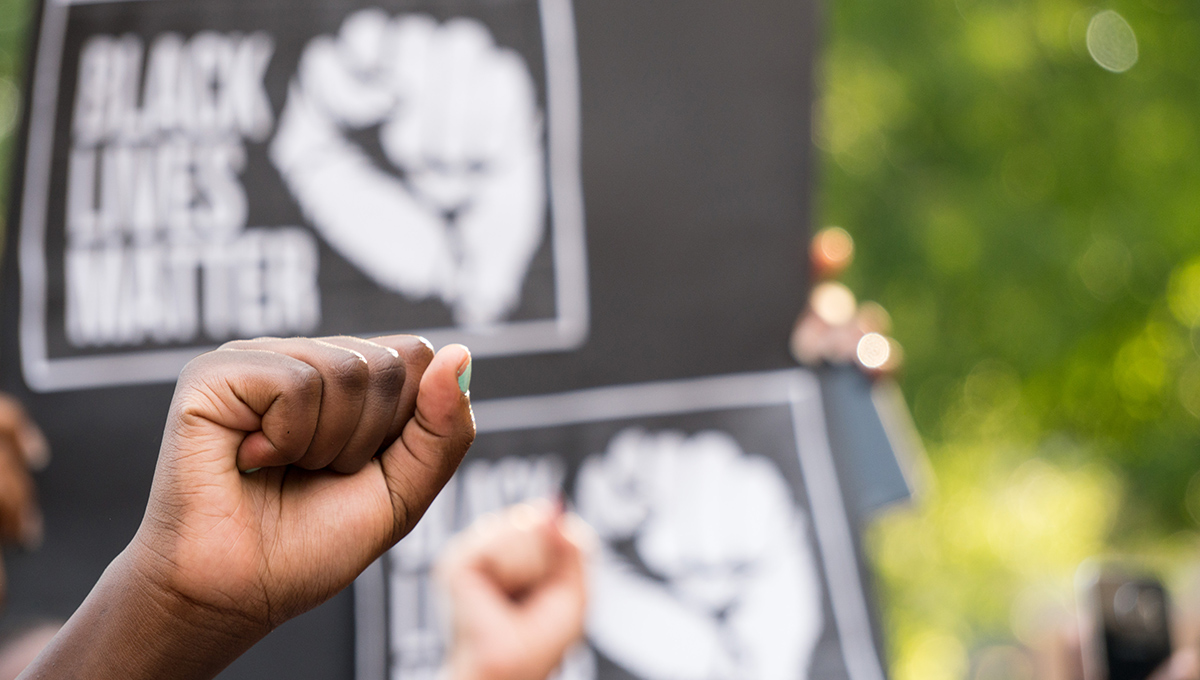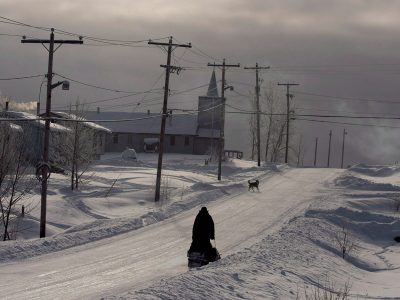By Tyrone Burke
Cellphone cameras have helped cast light on the overt acts of racism that happen every day in our streets, but there are many forms of racism that are more subtle. Racist assumptions have been embedded in to the way our schools, workplaces, and criminal justice system operate.
These institutions took centuries to build; they are a legacy that all Canadians have inherited. To change them, we will need to work together.

Kisha McPherson
“When we think about what we have inherited, we can work to dismantle it,” says Kisha McPherson, an instructor at Carleton University who is teaching Blackness and anti-racism—a seminar course being offered for the first time this fall in the Human Rights and Social Justice program. The new seminar is designed to directly respond to some of the issues that we have witnessed over the last few months.
“We are ready to have those conversations now—to remove shame and guilt from that process. It’s not about ‘you’re white and therefore you’re the reason why all of this is happening.’ It’s about ‘we all inherited a deeply racist system that disproportionately affects people of colour.’”
McPherson drew inspiration for her course design from The Wire—an HBO drama that explores crime in Baltimore through season-long story arcs about the various institutions that perpetuate it.
“When we say systemic racism, we need to ask what these systems are. We have to go to school, and to the doctor. Someone could be in conflict with the law—if you drive a car, you can get pulled over. We have to interface with all of these systems on a day-to-day basis. And when racism exists in the systems, we have no choice but to engage with it. This course tackles racism in three major systems: education, health and criminal justice.”
The course also examines how the representation of Black people and other people of colour in media has shaped negative perceptions, and ultimately contributed to human rights infringements like tough-on-crime laws.
“We learn a lot of what we understand about people through the media,” says McPherson.
“The representations of Black people and other people of colour circulating in the media play in to racialized stereotypes that can lead to their marginalization and discrimination on the basis of race.”

Debunking Myths and Interrogating Silences
Teaching anti-Black racism in Canada comes with a unique set of challenges because it requires debunking certain myths and interrogating silences in official discourses. Many Canadians learned a version of Black Canadian history that was centred on the virtue of the Underground Railroad—with barely a mention of two centuries of slavery, racial segregation policies that persisted in to the mid-20th century, or traumatic events like the razing of Africville, in which a predominantly Black community in Nova Scotia was destroyed in the 1960s.
This challenge is compounded by Canada’s diversity. We are a country of immigrants, and many students have faced discrimination based on their own identity. Not all of them are Black.
“Immigrants create such a rich culture. I love the idea of what we are doing in Canada,” says McPherson.
“But of course, it doesn’t mean that the racism and discrimination that we see south of the border does not exist here. It is just not so visible, outright and clear. People tend to feel like Canada is some kind of safe haven that doesn’t have institutional racism, but racism is part of the fabric of our country. We do have systems that are built on the same oppression as in the United States.”
Racism has always been a part of life in North America, but during the spring of 2020, it took centre stage. George Floyd was murdered over a $20 bill, and protesters took to the streets across the continent. Here in Canada, the untimely deaths of Regis Korchinski-Paquet, Chantel Moore and Ahmed Choudhry served as a reminder that our country is not immune to violent acts by police.

First Course at Carleton Devoted Specifically to Blackness and Anti-Racism
This awakening has allowed McPherson to tackle systemic racism more directly than would have been possible in the past.
“The class has been very receptive so far, and that makes me feel hopeful,” she says.
“I have a group of students that are open to exploring racism and discrimination—understanding that the system is inherently racist. Students are ready to have these conversations.”

Prof. Paul Mkandawire
It is the first course at Carleton that’s devoted specifically to Blackness and anti-racism, and is a welcome addition to the course catalogue.
“Every time there is an incident of injustice, there is an opportunity to engage in a conversation,” says Paul Mkandawire, co-director of Human Rights and Social Justice and a professor in the Institute of Interdisciplinary Studies.
“Some of the content in the seminar that MacPherson is teaching already exists in other Carleton courses, but there is advantage to having a separate course that is exclusively dedicated to anti-Black racism, and we’re very grateful to Faculty of Arts and Social Sciences Dean Pauline Rankin for supporting efforts to offer this yearlong seminar.”
“We need to understand the contingent and dynamic nature of racism, if we are to appreciate its durability and adaptability. Racism is systemic and intergenerational, which means it is not siloed, stationary, or time-bound. Of course, the basic architecture of racism has largely remained the same over time, but specific instances of racism take different forms in different times and places,” says Mkandawire.
“We are very pleased to have McPherson teach this first-year seminar. She brings to our students a rich academic background, scholarly record and anti-Black racism activist experience.”
Wednesday, October 28, 2020 in Institute of Interdisciplinary Studies, New/Unique Programs
Share: Twitter, Facebook



